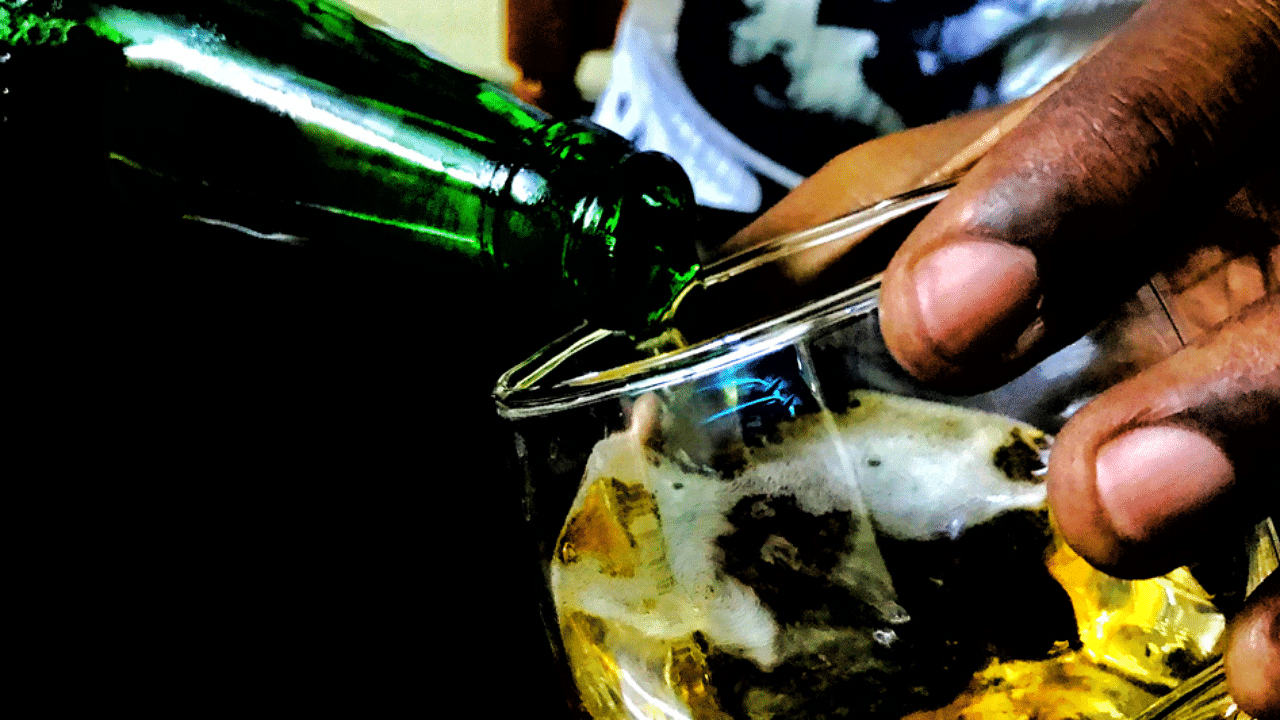
Bihar has of late been struck by another hooch tragedy. At least 42 people have died after consuming spurious liquor in the Saran district of the state last week. It was arguably the biggest of such tragedies reported in Bihar in the six years since it had been declared a ‘dry state’ in April 2016.
The media reports indicated that the death toll could be as high as 70. The opposition BJP claimed that at least 100 persons have lost lives. Chief Minister Nitish Kumar’s government has vehemently denied media reports as well as the BJP’s claims.
“The official death toll is 42. Other claims (made by the BJP leaders about over 100 deaths) are misleading,” said Bihar’s Prohibition Minister Sunil Kumar.
“We have arrested 25 persons, including two SHOs (Station House Officers) and four other policemen. Orders have been passed to demolish all such units involved in manufacturing of liquor or country liquor throughout the state.”
No compensation
The state government has dismissed demands for compensation. It argued that consuming liquor was illegal in the state and hence persons committing crimes could not be given compensation.
Nitish Kumar, himself, got angry when the BJP leaders demanded adequate compensation to the families of those (mostly Dalits) who died after consuming illicit liquor on December 14. “Jo piyega, woh marega. (Those who will drink, are doomed to die),” said the chief minister on the floor of the House while outrightly rejecting the Opposition demand for compensation.
He has also asked his alliance partners, mostly the CPI-ML members, to avoid making any demand for compensation to the victims' families.
“Don’t fall into the BJP trap. Consuming liquor in a dry State is a crime. And, therefore, there is no question of any compensation,” Nitish told the CPI-ML legislators. The BJP, which shared power with Nitish from July 2017 to August 2022, has, however, got fresh ammunition to launch a vitriolic attack on Bihar CM.
“We are not against prohibition. However, we want Nitish Kumar to review his policies as prohibition has been a big failure in Bihar.
“The recent hooch tragedy is clear evidence of failure of the state government in implementing the prohibition policy,” senior BJP MLA and Leader of the Opposition in the state assembly, Vijay Kumar Sinha, said.
“Prohibition has nothing to do with hooch tragedy. The recent study by Chanakya Law University shows that 90 per cent of the people in Bihar favour prohibition,” countered Nitish. He also questioned the National Human Rights Commission’s decision to send a team to Saran to probe hooch deaths.
“Did they (NHRC) visit those BJP-ruled states where more people died due to consuming spurious liquor?”.
Why prohibition failed?
Social scientists, however, feel that the intention of Nitish is good, but Bihar will never become a dry state (no matter how draconian the prohibition law is) as liquor is easily available in the state through its porous border.
“Bihar shares its porous border with Nepal in the north, Bengal in the east, Jharkhand in the south and Uttar Pradesh in the west. All forms of liquor have been smuggled into the state with the active connivance of the police and excise officials.
“The only difference since April 2016 is that one has to pay nearly double or triple the amount for a bottle or a pouch,” said social scientist Ajay Kumar.
“Prohibition has become a sort of ‘8th Pay Commission’ for a large number of cops who are minting money from traders, suppliers, truck owners and even those who are consuming liquor by threatening them to book under the draconian prohibition law,” Rakesh Prabhat, a senior lawyer of Patna High Court, said.
He pleaded cases for many people who were booked for violating prohibition, but none of his clients were convicted in all these years.
“Over 4.7 lakh persons have been arrested so far in Bihar for violating prohibition law. However, only 83 suppliers and around 1300 persons have been convicted so far. The figure speaks volume about the state of affairs,” summed up the eminent lawyer.
(The writer is a senior journalist based in Patna)